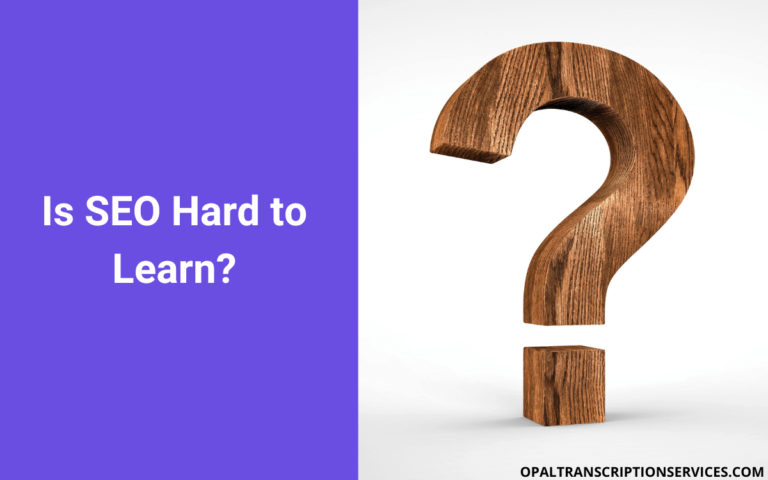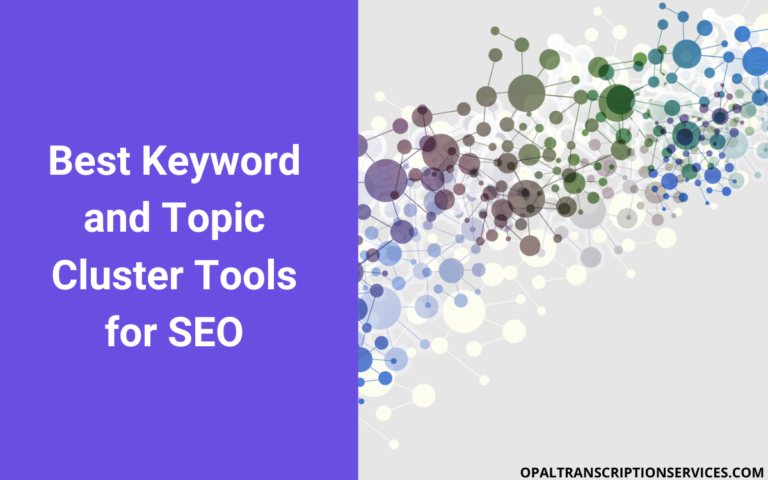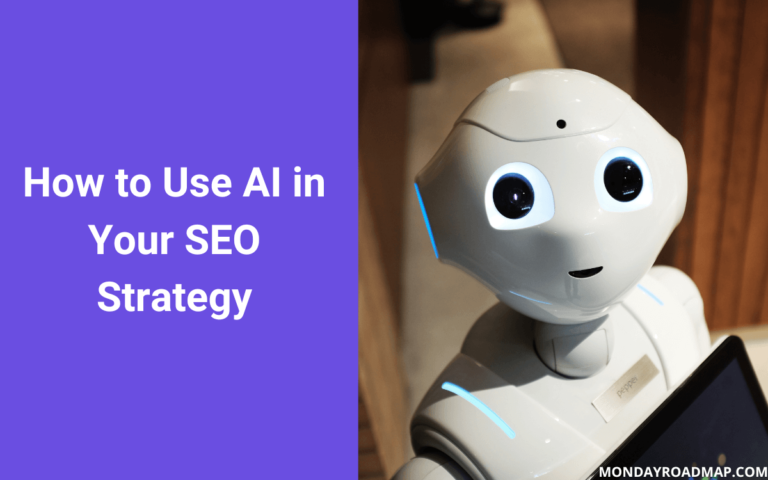How Long Does It Take to Learn SEO?
SEO is a wide-ranging area of study with a lot of moving parts. However, you can learn the fundamentals fairly quickly. If you’re just getting started learning SEO, expect to spend one to two months getting the basics down – in terms of theory, that is. When you’re ready to dive into the practice side of things, be prepared to work hard for six months or more before you see any results, especially if you’re starting with a brand-new site.
Can you learn SEO in one or two months?
With the help of a good course, you could feasibly expect to learn the fundamentals of building and ranking websites and begin putting them into practice within a month or two.
But perhaps a better answer to this question is that it really depends on what you’re trying to achieve. For instance, you might be learning SEO to:
- Rank a blog or affiliate website higher in the search results.
- Market your own product- or service-based business, such as an e-commerce op or local business.
- Start a career in digital marketing.
- Run an SEO or digital marketing agency.
For the first two options – ranking an affiliate blog or small business website – you can learn most of what you need to know in a relatively short period of time with a good SEO training program. (See our top recommendations below.)
As an affiliate marketer, blogger, or small business owner, the main aspects of SEO you’ll need to know are keyword research, content creation/optimization, and link building, none of which require much technical expertise. If you do run into a technical SEO problem, you can usually get by with a few good do-it-yourself SEO tools and workarounds.
Click here to see the course I used to rank my local service business #1 on Google in just a few months.
For the third option, starting a career in digital marketing, what you’ll need to learn depends on the position you’re applying for (e.g., content marketing manager, SEO strategist, social media manager, digital marketing manager). Many entry-level positions will train you most of what you need to know about SEO on the job.
However, to make yourself more attractive to potential employers, some introductory courses in SEO and digital marketing more broadly will serve you well.
Finally, for the fourth option – running a digital agency – you’ll likely want to spend a few months of in-depth study to ensure you can serve your clients well and troubleshoot any problems as they come up.
For example, although SEO doesn’t necessarily require coding experience, many digital agency clients will expect you to build or migrate their websites. Plus, your team will be looking to you for guidance when it comes to client fulfillment.
Although you can white label these more technical services if you choose, it’s a good idea to have a working knowledge of every facet of your business operations before you outsource them.
So if running an agency is your goal, consider taking some additional training in web development as well as technical SEO and conducting website audits. See our recommendations for advanced SEO training below.
Can you learn SEO in a day?
Theoretically, you could binge a 15-hour SEO course in a day and learn everything you need to know to build a successful affiliate site or rank your small business website at the top of Google.
SEO isn’t hard to learn in theory, but actually implementing it is another story. It can take six months or more to get a new website indexed and ranking well enough to start generating steady traffic. And it can take even longer than that if you’re in a competitive niche (or city, for local businesses).
Plus, the unpredictable nature of search engine algorithms makes SEO fraught with challenges.
Why learning SEO is an ongoing process
So, in theory, you can learn the “what” of SEO in anywhere from a day to a few months, depending on what you’re trying to achieve.
In practice, though, many fundamental aspects of SEO can only be learned and improved with hands-on experience and practice. For example:
Keyword research
You can’t just rely on keyword difficulty scores generated by keyword research tools to know which keywords your website can rank for. You’ll need to learn how to corroborate those “low-difficulty” keywords that your tool spits out with a manual SERP analysis. If you shoot too high initially, you’ll know to shoot a little lower next time. It’s this ongoing process of trial and error that sharpens your intuition over time.
Content creation and optimization
For most of us, writing is a slow grind. It takes time and commitment to find a publishing rhythm that is both sustainable long term and that generates results.
Additionally, learning how to write SEO content can feel awkward if you’re used to stream-of-consciousness-style creative writing where you randomly blog your thoughts (as you might see on Medium or in an editorial piece). Your content needs to follow SEO best practices and satisfy Google first, or it will never even be seen by human readers.
Link building outreach
Ah, link building – perhaps the most tedious part of SEO for new websites. But the benefits of link building make all the trouble worthwhile. There’s plenty of new learning curves to be found here, including:
- How to fill your pipeline with high-quality, relevant link prospects
- How to write an outreach email that gets opened and responded to
- How to pitch great guest post topics
- How to write guest posts that get you asked back to write again
- How to outsource and scale your link building efforts (without spamming and tanking your domain reputation)
All the above skills take practice and patience, and there’s no cutting corners without taking on additional risk.
Troubleshooting SEO problems
No matter how many great SEO training programs you take to prepare yourself, sometimes you’re just going to come across weird problems that no one seems to have a clear answer for.
For example, maybe Google isn’t indexing some of your most important posts. This might be because search engine algorithms are grossly capricious and don’t treat everyone fairly. Or it could be that you’re actually doing something that goes against Google’s webmaster guidelines, which means you might have to try 800 different things before you figure out what it is.
The more SEO problems you run into and find solutions for, the better you’ll get at solving similar problems (or at least learning to take them in stride) when they crop up.
What is involved in learning SEO?
The study of SEO can be broken down into multiple subcategories that may or may not be immediately relevant to you depending on what you’re trying to achieve. Some of these subcategories include:
Keyword research
Keyword research is the foundation of a successful SEO campaign. So before you even write your first piece of content, you’ll want to learn how to choose keywords that tick all the right boxes: adequate search volume, low competitiveness relative to your site’s domain authority, and good profit potential.
As search engine algorithms continue to evolve, you’ll want to develop a more sophisticated keyword strategy with the help of the best keyword clustering tools.
On-page SEO
On-page SEO is about putting your target keywords and related keyphrases in all the right places in the underlying HTML markup of a webpage, including the title tag, H1 and other subheadings, image alt tags, and body copy.
Many SEOs will also include an FAQ section in their article that mirrors the “People always ask” questions on Google so their content has a better chance of appearing as a featured snippet.
Off-page SEO
Off-page SEO includes any off-site actions you take to influence your website’s position in the organic search results, such as link building. This usually entails doing email outreach to other websites, offering to write a guest post in exchange for a link.
Other off-page SEO techniques include sharing original research and infographics, responding to HARO requests, and broken link building.
Technical SEO
Technical SEO is the area of SEO dedicated to ensuring that Google and other search engines can easily crawl and index your site’s pages. This includes areas like page speed optimization and Core Web Vitals, duplicate content issues, mobile friendliness, UX design, structured data markup, robots.txt, broken links, 301 redirects, and XML sitemaps.
Local SEO
SEO for local business websites has its own set of techniques to learn, including citation (NAP) building, Google Business Profile and Google Maps setup and management, and local business review acquisition and monitoring.
My favorite course for learning local SEO is Christine Maisel’s Complete SEO Guide to Ranking Local Business Websites. A few years ago, this fantastic course helped me rank a (admittedly very ugly) small business website at the top of Google in a matter of a few months. The course has since been updated for 2022.
Analytics
Learning how to navigate Google Analytics is an invaluable skill for any digital marketer. Analytics can answer questions about where your visitors come from, which types of content they engage with most, and how they behave on your site, among other things. This data can then be fed back into future SEO campaigns so that your content continually delivers better results.
Google algorithm updates
It’s always a good idea to keep an eye on what’s happening with Google so an algorithm update doesn’t take you by surprise. Some great places to keep track of Google news and algo updates are Google Search Central and SEJ’s History of Google Algorithm Updates. Also, the @searchliaison Twitter account run by Google’s search liaison Danny Sullivan.
Web development and digital marketing
Finally, it’s important to note that there’s a lot of overlap with SEO and other areas of digital marketing, as well as with web development. If you’re planning to learn SEO, you might also consider taking some basic training in areas like HTML and CSS, building WordPress websites, social media marketing, email marketing, conversion rate optimization, copywriting, video marketing, and content marketing funnels.
How to learn SEO for free or at a low cost
You don’t need to get a degree in business administration or marketing to learn about search engine optimization. There are tons of great online SEO courses and training programs that can teach you basic as well as advanced SEO skills, and most of them are free or very affordable. My favorite resources for learning SEO are:
YouTube (obviously). Channels like Matt Diggity and Ahrefs are a good place to start.
Udemy. This is my favorite site for learning absolutely anything. A couple great SEO courses to check out are:
As I mentioned, the latter helped me rank a super ugly local business site in spot #1 in just a few weeks.
LinkedIn Learning. This site has loads of courses on SEO, content marketing, digital marketing, and web development. The cool thing about LinkedIn Learning is that you can display completed courses on your LinkedIn profile as badges.
Online communities. There are a lot of supportive SEO Facebook groups where you can ask a question if you get stuck. Some good ones include Affiliate SEO Mastermind and SEO Signals Lab.
SEO blogs. Reading SEO blogs and news sites is a great way to learn about the latest SEO techniques and recommended strategies. A couple of the top SEO blogs are Ahrefs and Backlinko.
Build and rank a website or blog. This is hands-down the best way to learn SEO quickly. Grab yourself a domain and web host, set up a WordPress website, and get out in the trenches. If all goes well, you might even make a bit of cash while you’re at it. Good luck!






